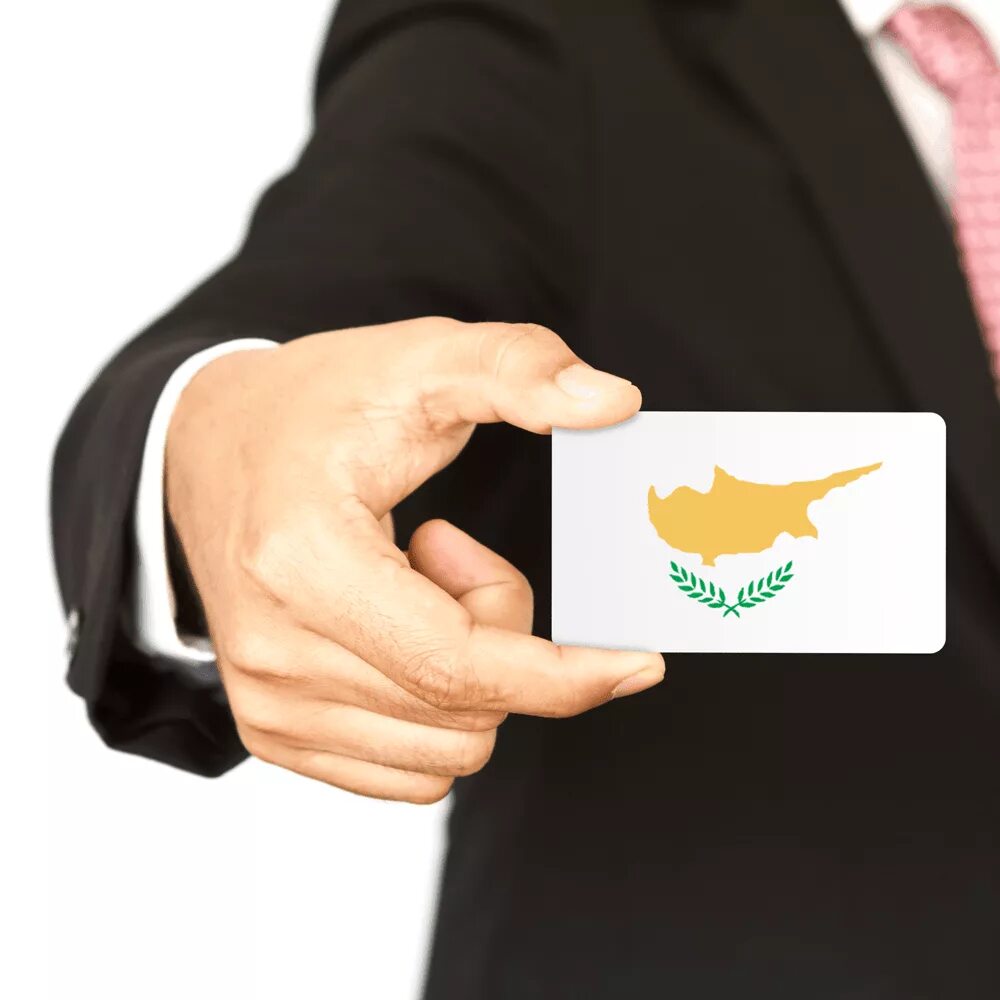- Content
The pitfalls of changing tax residency
Moving to Cyprus for tax optimization is a popular strategy among entrepreneurs, investors, and high-income professionals. At first glance, it seems simple: change your country of residence, become a tax resident of Cyprus, and enjoy the benefits. However, in practice, the procedure involves many legal and tax nuances, and mistakes can cost you more than you save.
The main risks and difficulties are as follows:
1. Double taxation:
If you do not complete the formalities in your country of origin or choose the wrong moment to change your residence, you may find yourself in a situation where two countries simultaneously consider you their tax resident. This is especially relevant for CIS and EU countries, where local tax authorities closely monitor the “flight” of taxpayers.
2. Recognition of a “fictitious” change of residence:
The Cypriot authorities require not only formal residence for 60 (or 183) days, but also proof of a “center of vital interests” — the presence of housing, family, business, real expenses, and social activity. In the absence of substance, there is a risk of a dispute with the tax authorities, up to and including refusal of residency.
3. Interaction with banks and data exchange (CRS):
Since 2017, Cyprus has participated in the automatic exchange of tax information under the CRS standard. Banks and tax authorities exchange information about accounts, transfers, and asset movements. Any inconsistency between your “old” accounts is a reason for verification and temporary blocking of accounts.
4. Failure to account for tax obligations in the home country:
When moving, many people forget that a change of residence does not automatically exempt them from tax reporting and closing tax issues in the country of origin. It is important to obtain an official document confirming the termination of tax residency and to “sever” fiscal ties (e.g., close an individual business, terminate employment contracts, and deregister).
5. Risks of “breaking the chain” when owning a business or investments:
If you still have shares in companies, real estate, or securities in your country of origin, there may be unpleasant consequences: double taxation of dividends, withholding taxes at source, restrictions on cross-border transfers.
6. Changes in legislation:
Cyprus’ tax regimes (non-dom, preferential rates on dividends and interest, no inheritance tax) are constantly evolving. The 2024–2025 reforms affected, in particular, the tax residency rules for “60-dayers” and the substance criteria.

Examples of successful and unsuccessful cases
Successful case: “60-day diary” – individual entrepreneur
Andrey, an IT entrepreneur from Russia, decided to move to Cyprus in 2023. Together with Almanova Law lawyers, he took the following steps in advance:
- signed a long-term lease for an apartment in Limassol and opened an account with a Cypriot bank;
- notified the Russian tax authorities of his departure and deregistration as an individual entrepreneur;
- obtained a certificate of residence in Cyprus under the “60-day rule” (subject to the existence of a business and other conditions);
- structured his foreign income so as not to be subject to double taxation;
- prepared a Cypriot company in advance to receive dividends.
As a result, Andrey avoided all penalties, successfully optimized the taxation of dividends, and his accounts were not blocked as part of CRS checks.
Unsuccessful case: “Formal” relocation without substance
Ekaterina, the owner of an investment portfolio, decided to “get out from under” taxation in her country of origin without completing a number of procedures. She:
- did not formally deregister from the tax authorities in her home country;
- used only a tourist visa to stay in Cyprus;
- rented accommodation through Airbnb for a month, did not open local accounts;
- did not notify banks of the change in tax status.
Six months later, Ekaterina ran into problems: her country of origin assessed tax on her worldwide income for the entire year, while the Cypriot tax authorities refused to issue a certificate of residence due to a lack of evidence of permanent residence and vital interests on the island. The result was double taxation and temporary freezing of foreign accounts.
Case study: “unaccounted income” – taxation of old assets
After moving to Cyprus, a married couple from Ukraine failed to take into account that part of the income from the sale of real estate in their home country was received after they had already acquired Cypriot residency. The Cypriot tax authorities recognized the income as taxable, while the Ukrainian tax authorities withheld tax at source. The legal team was able to offset the tax paid, but the process took nine months and required a substantial evidence base.
Checklist for preparatory steps
1. Analyze your tax obligations in your home country
- Get advice on the tax laws of your country of origin.
- Formalize your removal from the tax register or obtain a certificate of termination of residency.
- Close all business structures, sole proprietorships, accounts, and employment contracts, if required.
- Check that there are no outstanding tax or social security contributions.
2. Check out and confirm if you can live in Cyprus
- Check out the 60-day and 183-day rules (companies.gov.cy):
- Spend at least 60 days in Cyprus without being a tax resident of another country, if you have business or work connections.
- Or reside in Cyprus for at least 183 days per year.
- Arrange a long-term lease or purchase of housing.
- Open an account with a Cypriot bank and use it for daily expenses.
- Transfer your “center of vital interests” to Cyprus: relocation of family, children, insurance, local contracts.
3. Prepare documentation to confirm residency
- Collect and keep: rental/purchase agreement, bank statements, utility bills, receipts for local purchases, documents confirming employment or business in Cyprus.
- Request a residency certificate from the Cyprus tax authorities at the end of your first year of residence.
4. Check the tax regime in Cyprus
- Explore tax optimization opportunities: non-dom regime, dividends and interest relief, no inheritance tax, special features of foreign income taxation (taxsummaries.pwc.com).
- If you have a business, consider opening a Cypriot company, taking into account substance and beneficiary requirements.
5. Notify banks and counterparties of the change in status
- Update tax status information with banks (CRS/FACTA).
- Check the accuracy of data in automatic exchange systems.
6. Keep records of all transactions and store documents for at least 5 years.
- Confirm sources of income, especially for large receipts.
- When selling assets, record the date and residency status at the time of receiving income.
7. Keep abreast of changes in legislation
- Consult regularly with tax and legal experts in Cyprus.
- Subscribe to updates on substance rules, income taxation, and non-dom status.
Almanova Law’s professional perspective
At Almanova Law, we have encountered dozens of real-life stories of changing residency – from “ideal” moves to complicated disputes with tax authorities in different countries. Our experience shows that the earlier you start preparing for the move, the lower the risks and the higher the benefits of the Cypriot tax regime.
We support our clients not only in the process of obtaining residency, but also in all subsequent stages – from banking procedures to protecting their interests in disputes with foreign tax authorities.
If you are planning to relocate, contact our experts and find out how to make this process safe and as effective as possible.
Learn more or get a personalized consultation at www.almanovalaw.cy
Changing tax residency to Cyprus offers low rates and incentives, but requires careful planning to avoid compliance risks and double taxation.







